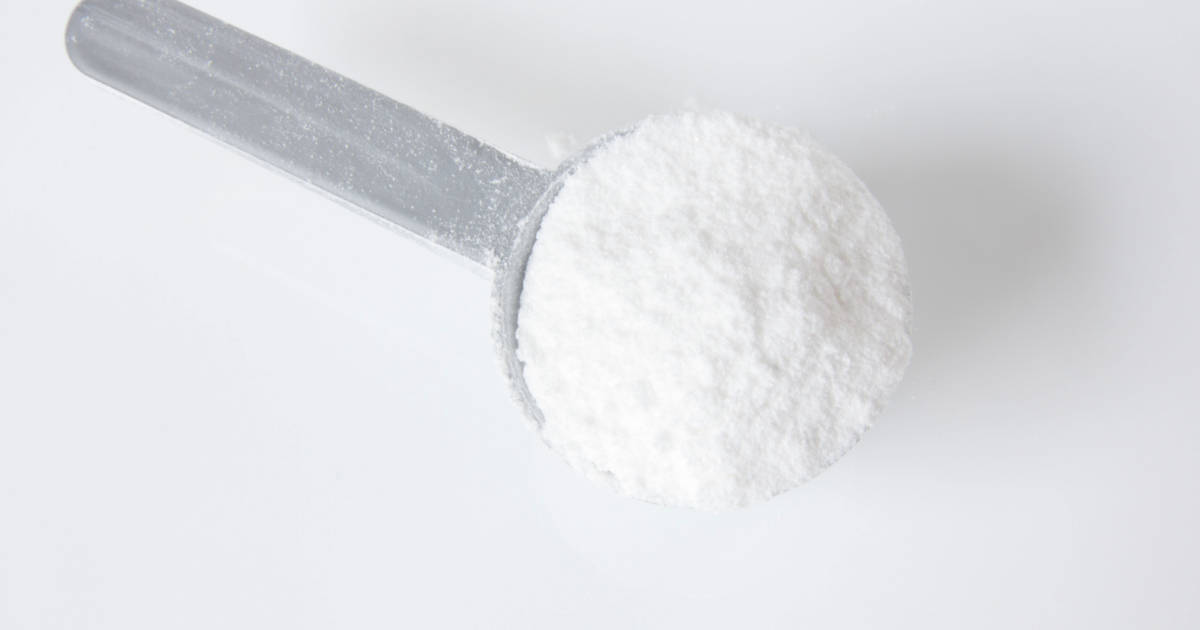Branched-chain amino acids (BCAAs) have become a popular supplement among athletes and fitness enthusiasts looking to build muscle, improve performance, and speed up recovery. As a powder supplement, it's important to understand if BCAA powder can go bad.

Like other supplements, BCAA powder does have a shelf life. However, if stored properly, it can maintain effectiveness beyond its expiration date.
Do BCAAs Expire?
Most BCAA powders have a shelf life of around 1-2 years when stored correctly. The ingredients can slowly lose potency over time.
Manufacturers usually don't print expiration dates on BCAA supplements. But many suggest using BCAA powder within two years for maximum benefits.
So while BCAA powder doesn't ever "go bad" in the way food does, its effectiveness slowly declines as the ingredients degrade. Consuming very old BCAAs likely won't provide the same benefits as fresh powder.
Key Takeaway: Like other supplements, BCAA powders have a shelf life around 1-2 years. Their potency slowly diminishes over time from ingredient degradation.
Signs Your BCAA Powder May Have Gone Bad
Because BCAA powder doesn't visibly "spoil," it can be tricky to tell if yours has gone bad. Here are four signs to check if your BCAAs may have expired:
Change in Color or Texture
Good BCAA powder should have a light, consistent color and texture. If you notice darkening, clumping, or hardening, this likely indicates expired BCAAs.
Any discoloration or moisture absorption leading to clumps or hardened bits means the powder has probably degraded. Don't consume BCAA powder that looks like this.
Unpleasant Smells
Properly stored BCAA powder has little to no scent. A foul, rancid odor indicates the amino acids have started deteriorating. Discard any smelly powder.
Bitter or Sour Taste
Mix a small amount of powder in water. Proper BCAAs should taste mildly sweet or savory.
An unusually bitter or sour taste signifies expired powder. The breakdown of proteins and other ingredients causes this undesirable flavor.
Past the Expiration Date
Check any expiration or best-by date listed on the packaging. While BCAAs still work past this timeframe, this date gives you a guideline for ideal effectiveness and flavor.
Key Takeaway: Clumping, darkening/discoloration, rancid smells, and unpleasant tastes all signify expired BCAA powder that should be discarded.
Maximizing BCAA Powder Shelf Life
Proper storage is key to keeping your BCAA powder fresh and extending its shelf life. Follow these guidelines:
- Store in a cool, dry place away from light and heat. Warm, humid environments accelerate breakdown.
- Keep tightly sealed after each use. Exposure to air and moisture degrades powders.
- Don't mix in the original container. Use a clean spoon to scoop powder into your shaker bottle.
- Buy only what you'll use quickly rather than stocking up. Large containers degrade faster.
- Look for longer expiration dates when shopping. Some brands use ingredients that resist breakdown better.
With ideal conditions, unopened BCAA powder stored this way can potentially last over two years. But once opened, aim to use within one year.
Is It Safe to Use Expired BCAA Powder?
Consuming expired BCAA powders isn't dangerous, but it likely won't provide the same benefits as a fresh supply. Degraded amino acids don't properly support muscle building, performance, and recovery.
While risk is low if using recently expired powder, consuming BCAAs that are multiple years old isn’t recommended. At that point, the ingredients offer little value and can sometimes cause mild stomach upset.
Ultimately, stick to non-expired powders whenever possible. Monitor your supply and replace degraded BCAAs for the best results.
FAQs
How long do liquid BCAAs last after opening?
Unopened liquid BCAAs typically last 2-3 years. But after opening, aim to use within 12 months before potency declines. Refrigeration can help the ingredients last a bit longer in liquids.
Do BCAA tablets expire faster than powders?
Yes, opened BCAA tablets and capsules tend to expire faster, often within 6-12 months. Tablets and capsules absorb more moisture from the air once exposed. Powders stored correctly in sealed containers are less prone to degradation.
Can bad BCAA powder make you sick?
Consuming expired BCAA powders rarely causes illness. At worst, significantly degraded powders can potentially lead to mild stomach upset, similar to taking other old supplements past their prime. While not ideal, this reaction is generally harmless.
How can you tell if opened BCAA powder went bad?
The best way is to mix a small amount with water to check the taste and solubility. Foul taste, bitterness, refusal to properly dissolve, and cloudiness all indicate degradation. Discoloration, clumping, hardening, and rancid smells are other signs opened powders may have expired.
Conclusion
Like all fitness supplement ingredients, BCAAs slowly lose their potency over time.
But with ideal storage conditions and monitoring for signs of expiration, BCAA powders can maintain effectiveness for over 12 months.

